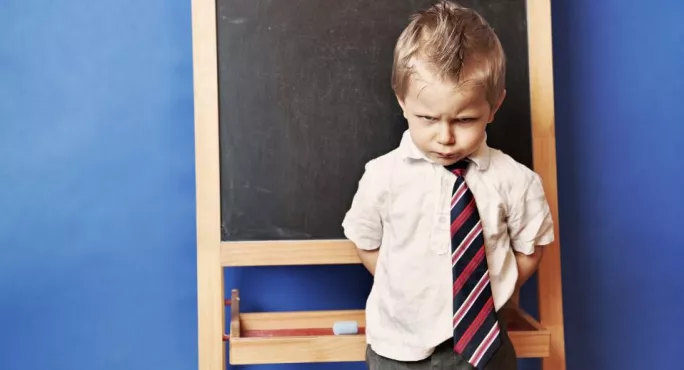The campaign group Parents and Teachers for Excellence have been keeping a list since the start of the year of all the calls made on schools to teach something new.
At the last count, they were up to 74 things that various thinktanks, commentators, and journalists would like us to tackle, ranging from teaching pupils about knives in maths to teaching them about the national anthem.
The purpose of schools seems to have been lost: they are now acting as a daycare for children so that parents can work longer hours, as primary agents of socialisation who need to raise children to do the things that parents would once have taken responsibility for or to create model citizens and solve the ills of society.
One of the more common calls is for schools to do more to prepare pupils for the world of work, with the CBI often leading the way. In fact, it seems to be a position that many teachers have some sympathy for with a recent poll found that 71 per cent with teachers agreed the statement that the purpose with education was to prepare pupils for work and only 22 per cent disagreeing with it.
This made my heart sink a little. What seems to be missing from the conversation is the idea that schools might just be there to give children an education and that this education might be an end in and of itself. We have some 10,000 years of recorded history behind us; of amazing scientific discoveries and advancement in understanding of how our world works. We have an incredible global history of art, music, theatre, and literature for them to explore and learn how to appreciate. We have specific skills like computing and design technology for them to learn about. We have a whole world to explore.
We are only ever going to be able to teach them a small sample of all that has been done, discovered and produced so it is important we select what to pass on carefully. We can think of each subject as a hot air balloon that is sinking fast and has room for only five of the six people on board. Who do we keep and who do we lose? What do we consider to be the best of our subject? The material that allows them to make sense of the rest? In geography, I can’t teach them about every place, but I can carefully select ones that best exemplify the key ideas they are learning about or that are significant in understanding world events today.
Since we can’t teach them everything, we must also teach them how to use this knowledge to go on and make sense of even more of it themselves. We do this not in the hope of just passing on some sort of canon but in the hope that in the future they will be able to add to this rich body of knowledge for the generations that come after them. All of us are standing on the shoulders of giants and discoveries come not out of isolation but through building on what has come before.
This education, this passing on of what has come before us, is our children’s inheritance and I would argue that it is the purpose of schools to provide it. This rich education should mean that pupils leave us ready for the adult world because they have become knowledgeable about this world - but that doesn’t mean it is the primary purpose.
We are not there to prepare children for work, because being human is more than being a productive economic unit.
We need to stand up and reclaim education as the purpose of schools. If we don’t, others will claim schools for their own ends. Gifting the next generation with all that has come before them should be enough. This treasure is an investment that will continue to bear fruit into the future, so let’s not allow this inheritance to be squandered in the name of “productivity” and the drab world this will create. Education is too important for that.
Mark Enser is head of geography at Heathfield Community College. His first book, Making Every Geography Lesson Count, is soon to be published by Crown House. He tweets @EnserMark and blogs here.




